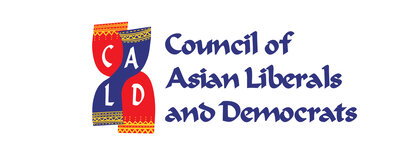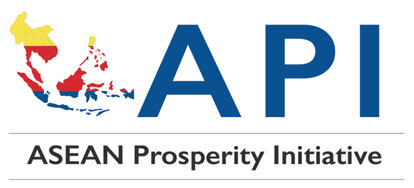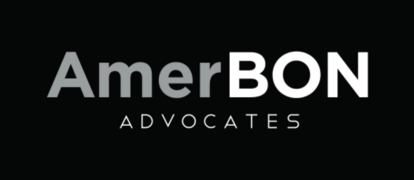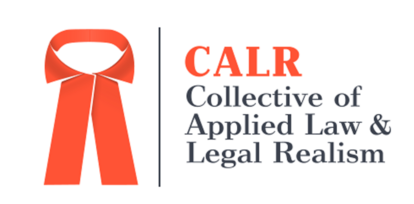About Us
Our Partners
The Friedrich Naumann Foundation for Freedom (FNF) promotes democracy, human rights, economic freedom, and curbing climate change primarily by working with partners. While we do implement special projects now and then on our own - such as a Freedom Song Contest or a series of publications about female leaders - most activities in Southeast & East Asia are planned and implemented by our three regional partners:

CALD is the regional alliance of liberal and democratic political parties in Asia. It was inaugurated in 1993. FNF has been a partner since its inception. CALD´s timeline, history, and current list of members are to be found on CALD´s website. CALD member parties share the conviction that liberal democracy, the protection of human rights and the rule of law are essential. CALD passes and publishes resolutions regarding injustices, and sends delegations to monitor elections. CALD member parties also work on policies that curb climate change in the context of urbanization and Smart City concepts.

The Regional Working Group for an ASEAN Human Rights Mechanism (RWG) is an informal coalition of individuals and groups from the Southeast Asian region, working in the field of human rights. RWG´s primary objective is the establishment and development of credible and effective human rights mechanisms in Southeast Asia. The RWG was founded in 1995. FNF has been a partner since its establishment. Part of the RWG are National Working Groups (“NWGs”). The composition of each NWG varies from one country to another depending on national situation. Members of the working group come from government institutions, parliamentary human rights committees, national human rights institutions (“NHRIs”), the academe, and NGOs. At present, there are NWGs in seven ASEAN Member States: Cambodia, Indonesia, Malaysia, the Philippines, Singapore, Thailand, and Vietnam. The Working Group for an ASEAN Human Rights Mechanism is an “Entity Associated with ASEAN” under Annex II of the ASEAN Charter. The timeline of the RWG´s activities and accomplishments from 1995 to today is available here.

The ASEAN Prosperity Initiative (API) is an initiative of the Institute for Democracy and Economic Affairs (IDEAS). API focuses on economic integration within ASEAN.
In 2015, ASEAN decided to become an Economic Community, promising to be a “Highly Integrated and Cohesive Economy” by 2025. API, which is founded by FNF and run by EFN Asia member IDEAS, monitors to what extent ASEAN´s promises/ agreements regarding economic integration have been implemented. It also looks at competition policies, consumer protection and many other issues.
API publishes an annual ASEAN Integration Report. In addition, focus group discussions are held in various ASEAN countries to discuss API´s findings. Other EFN Asia members are involved, which keeps the network active at times.
ASEAN´s economic integration is not only important for the region and for its foreign investors. It is also a prerequisite for a future Free Trade Agreement between ASEAN and the EU.

AmerBON, Advocates is a law firm based on Kuala Lumpur, Malaysia. It offers fully integrated legal services within the framework of a set of chambers, with a focus on litigation and dispute resolution. The group of lawyers are “book smart” and “street smart”, devising winning strategies that combine a mastery of the law, familiarity with procedural tactics, and political and client sensitivity.
AmerBON advises on high-value transactions at pre-action stages and provides legal representation in arbitrations and the Malaysian courts. The firm is engaged by federal and state governments, public-listed and government-linked companies, media, as well as high net-worth public figures, for strategic corporate and litigation advice on complex cases.

CALR or Collective of Applied Law & Legal Realism: Conceived in 2014, CALR is a pro bono initiative by AmerBON, Advocates. CALR's building blocks are the three Rs - Revolutionising the law, Radicalising lawyers and Reshaping legal education. Together, CALR aspires to create a difference in the legal profession and the public's access to justice.